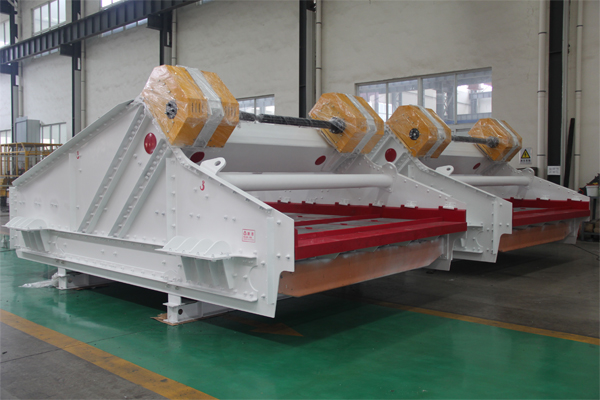Vibrating screens play a crucial role in material screening across various industries, relying heavily on electric motors to drive vibration. However, one common and potentially damaging issue is motor overheating. Overheating not only shortens the lifespan of the motor but also leads to decreased efficiency, unexpected downtime, and costly repairs. Understanding the causes, signs, and prevention methods of vibrating screen motor overheating is essential to ensure continuous, reliable operation and to extend equipment life.
Vibrating Screen Motor Overheating Solution

Immediate Actions (Safety First!):
Stop the Screen Immediately: Turn off the vibrating screen and ensure it cannot be accidentally restarted (lockout/tagout procedures are crucial here). Continuing to run an overheating motor can cause it to burn out or create a fire hazard.
Allow it to Cool Down: Let the motor cool down completely before attempting any inspection or maintenance. Do not touch the motor housing as it can be extremely hot and cause burns.
Troubleshooting and Investigation (Once the Motor is Cool):
Identify the Cause: Try to determine why the motor is overheating. Common causes include:
Overloading: Is the screen being fed more material than it’s designed for?
Voltage Issues: Is the voltage supply to the motor too high or too low?
Bearing Problems: Are the motor bearings worn out, lacking lubrication, or contaminated? This is a very common cause of motor overheating in vibrating screens.
Insufficient Lubrication: Lack of proper lubrication in the motor bearings or other moving parts of the vibrating mechanism can cause excessive friction and heat.
Excessive Lubrication: Surprisingly, too much grease can also cause overheating by creating excessive churning and heat buildup.
Improper Lubricant: Using the wrong type or grade of lubricant can lead to inadequate lubrication and overheating.
Dust and Debris Buildup: Accumulation of dust and material on the motor housing can act as insulation, preventing proper heat dissipation.
Poor Ventilation: Is the motor adequately ventilated? Obstructions around the motor can trap heat.
Loose Connections: Loose electrical connections can cause increased resistance and heat generation.
Mechanical Issues: Are there any mechanical obstructions or imbalances in the screen or drive mechanism that are putting extra load on the motor?
…
More detailed information about how to do vibrating screen motor overheating can be clicked to visit: https://www.hsd-industry.com/news/vibrating-screen-motor-overheating/


